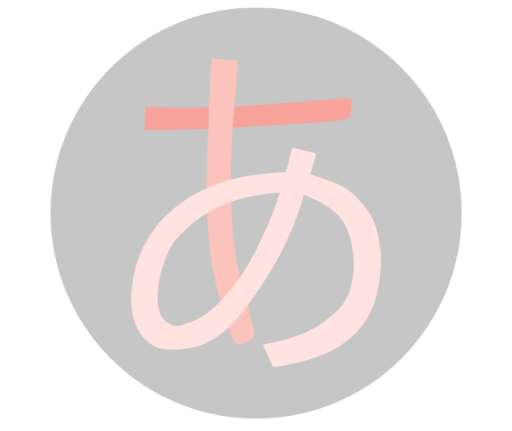
Free Japanese Quiz
for Beginners
compound sentence
28-1
Aは Verbて、Bは Verbます
i-Adjectiveくて, na-Adjectiveで
Nounで
Please fill in the blanks.
Please touch “answer” to see the answer.
1.
あさ ( )、かおを ( )。
I got out of a bed, and I wash my face in the morning.
2.
あの スーパーは あさ くじに ( )、よる じゅうじに ( )。
That supermarket opens at 9 in the morning, and it closes at 10 in the night.
3.
しゅうまつは いつも カフェに ( )、ほんを ( )。
On the weekend, I usually go to cafe, and read books.
4.
これは ( )、あれは ( )。
This is big, and that is small.
5.
これは さけ ( )、それは うめ ( )。
This is a salmon rice ball, and that is plum rice ball.

Grammar
A は Verb te Form 、B は Verbます
meaning : A does … , and B does …“te Form” connects two or more “Verb-sentences”.
“te Form” makes a coordinate clause, and both sentences are equally important.
( わたしは ピアノを ひいて、かのじょは うたを うたいます。 )
Depending on the verbs used, the sentences can be interpreted in different ways.
timeline
You say in chronological order.
( I eat breakfast, and I brush my teeth. )
pair of the verbs
Using the pair of the verbs, you say the beginning and the ending of something.
( I usually take a bus at Shibuya, and get off at Ebisu. )
result of the statement
The result of the previous statement remains in the following action.
( I went to the supermarket, and I bought things there. )
Verb te Form、Verbます
i-Adjective くて・na-Adjectiveで
meaning : … is Adjective, and …“te Form” of Adjectives also makes a parataxis sentence.
( My phone is old model and her phone is new model. )
( Hiragana is easy, and Kanji is difficult. )
Noun で
meaning : … is Noun, and …“te Form” of Noun is same.
( My lunch is Ramen noodle, and dinner is Udon noodle. )
1. I ordered cafe latte, and she ordered cappuccino.
わたしはカフェラテを ( )、かのじょはカプチーノを( )。
2. I woke up at 5, and I left home at 6 in this morning.
けさは ごじに ( )、ろくじに いえを ( )。
3. This bag is heavy, and that one is light.
この かばんは ( )、それは ( )。
4. This one is ¥50, and that one is ¥100.
これは ( )、あれは ( )。
link
Japanese broadcasting station, NHK site helps you to learn Hiragana, Katakana, and Kanji.
